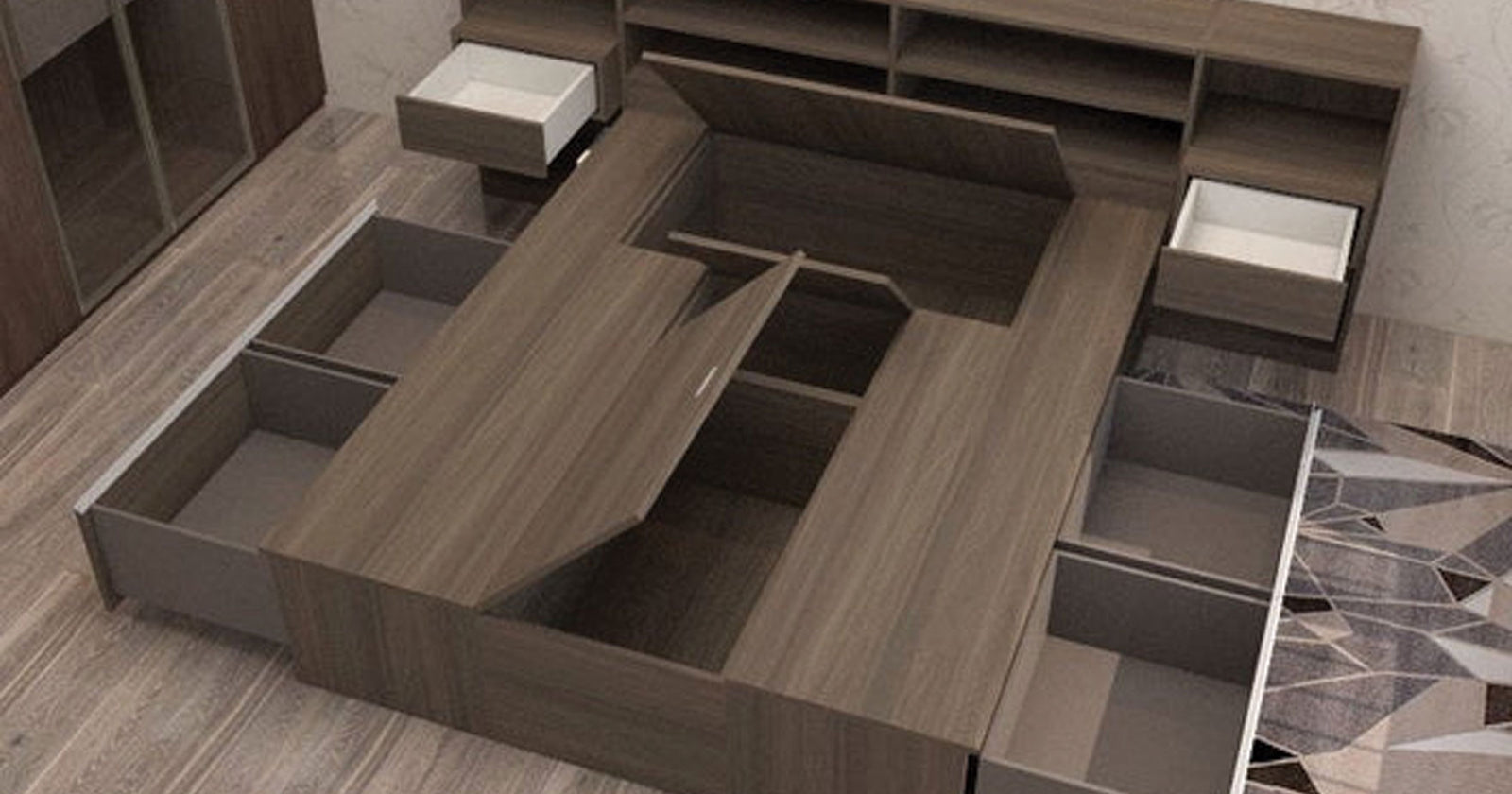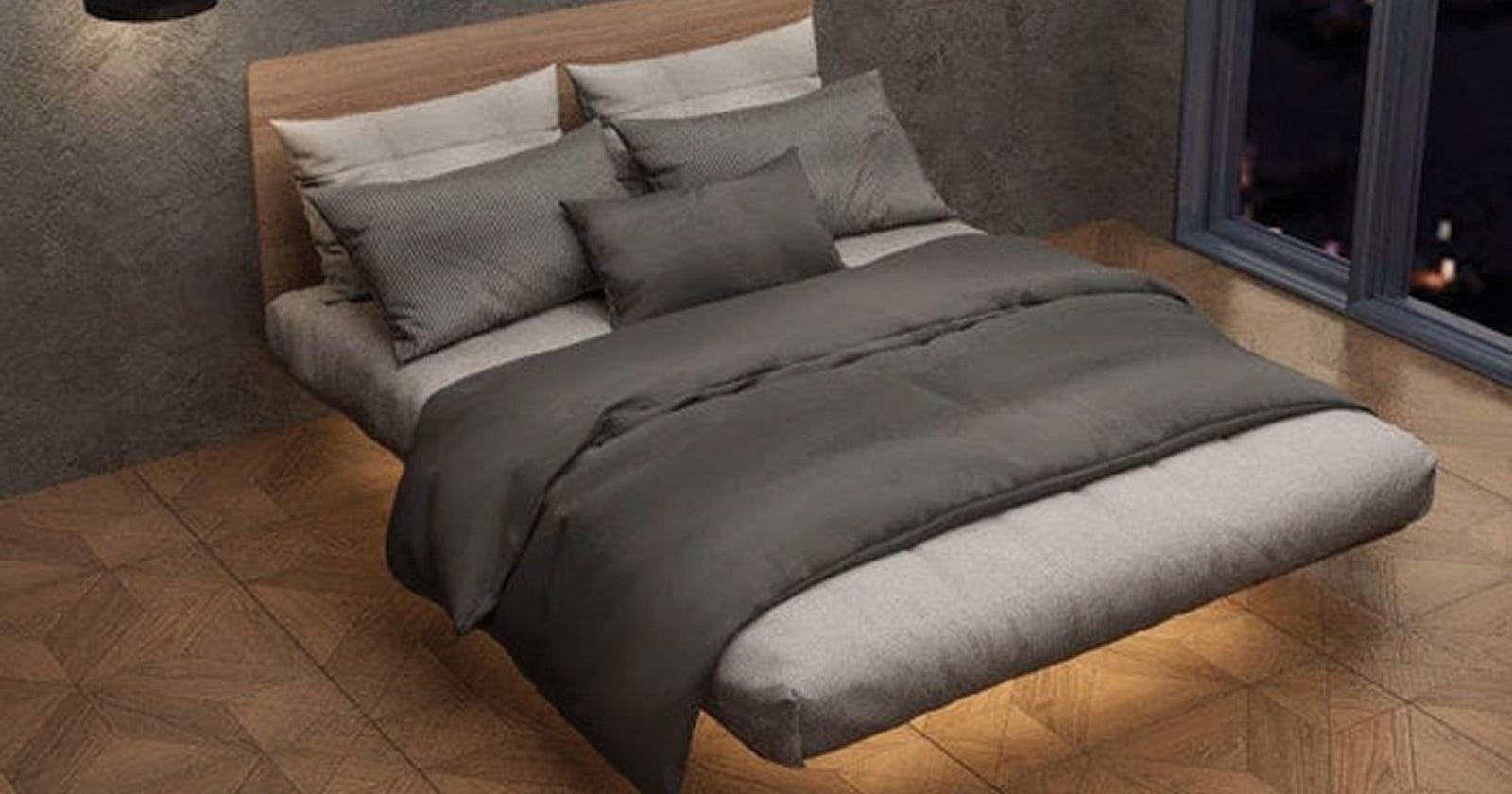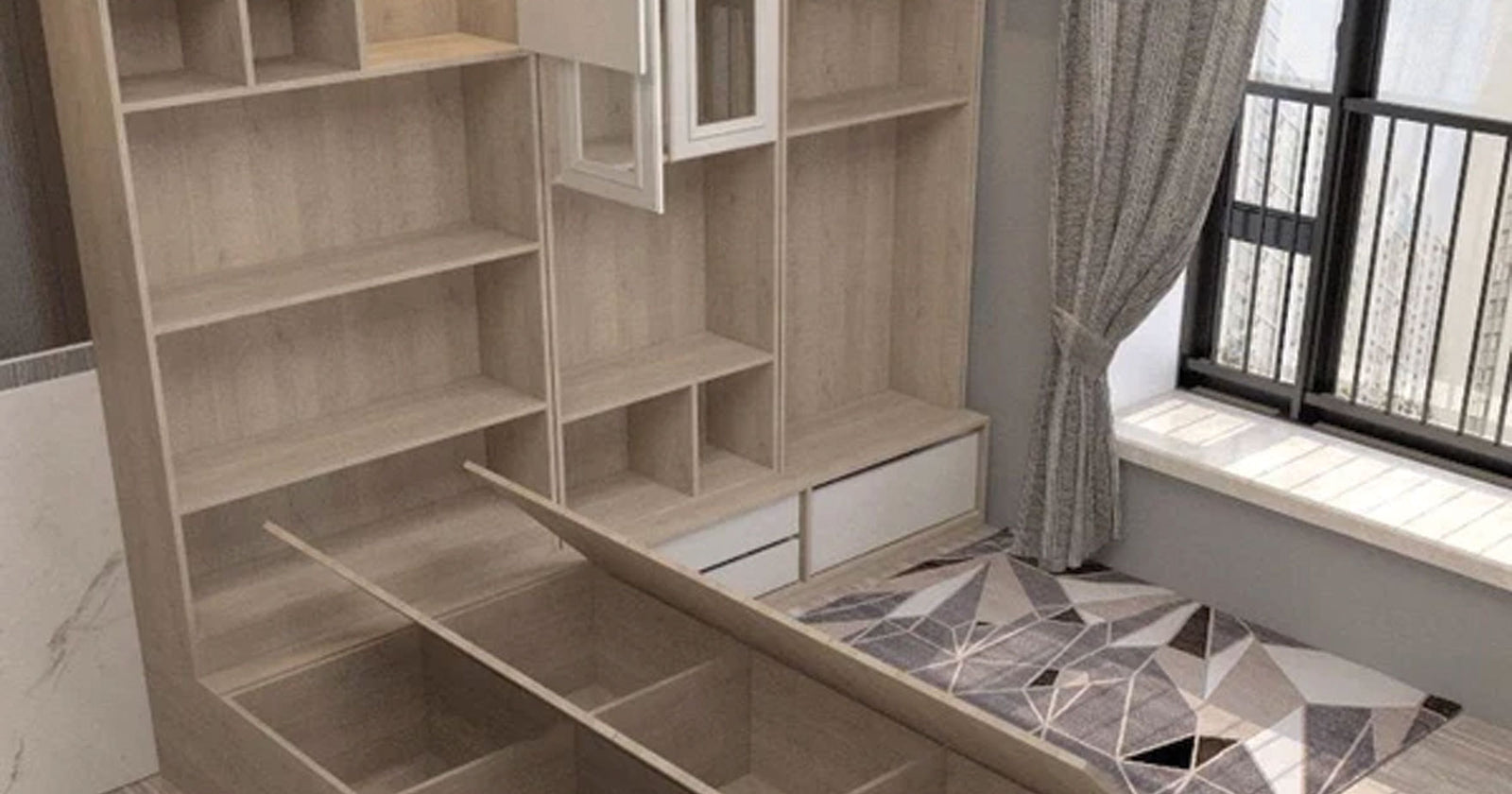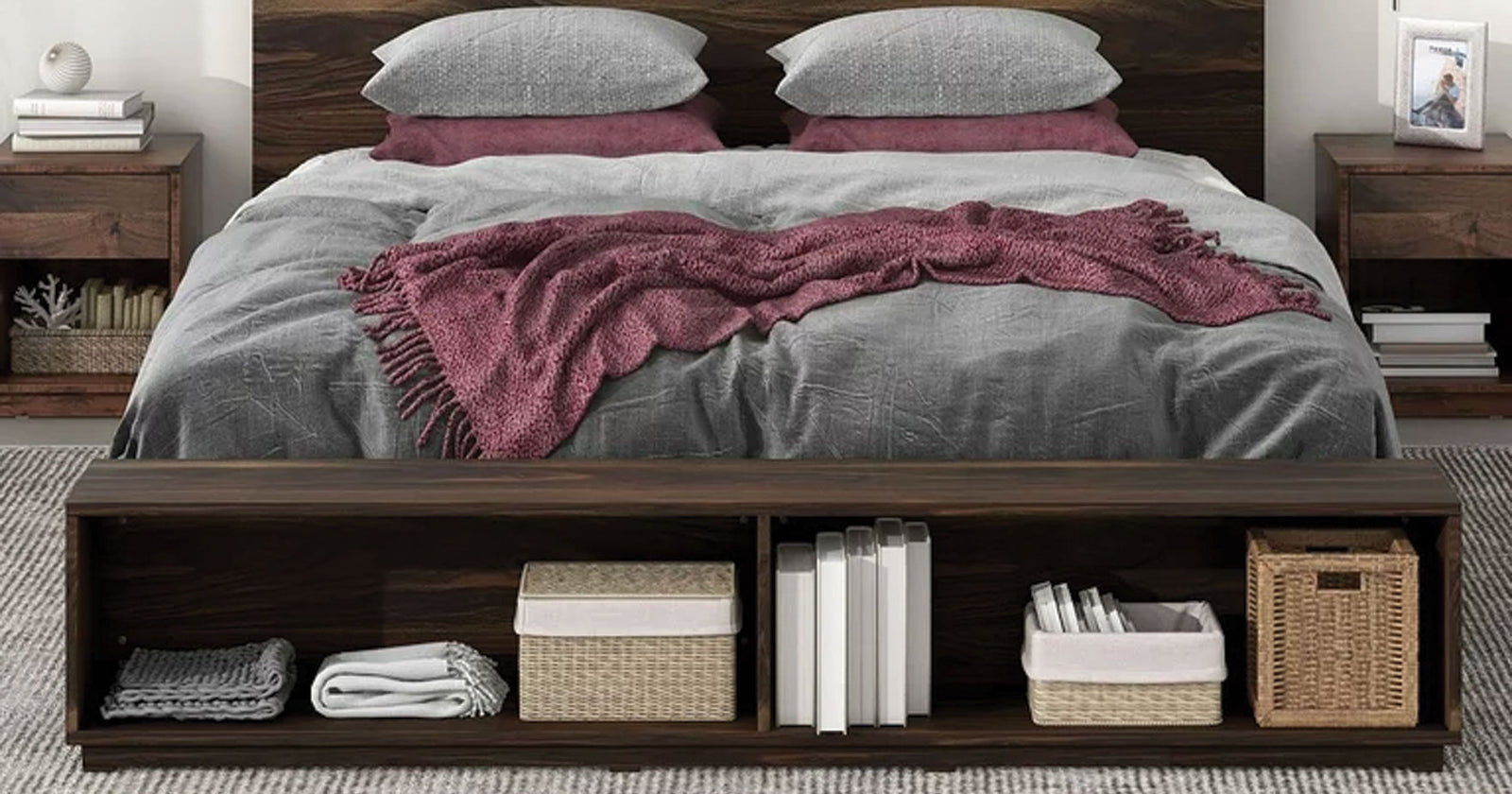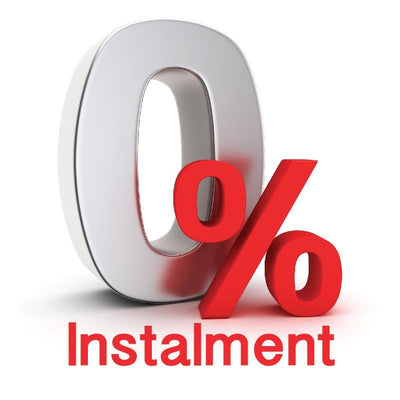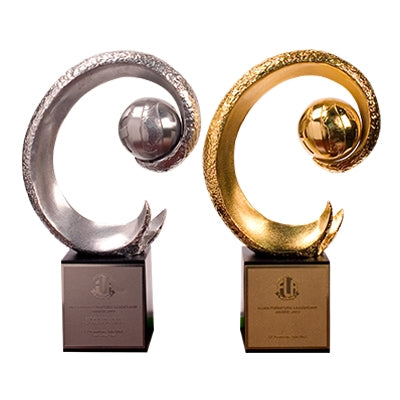Threadcount is a system of fabric identification that counts the number of vertical and horizontal threads in one square inch. We’ve been trained to think high thread count equals better quality, instead of comparing weaves and materials. Today, there are many other options, such as Tencel® that are far superior than the 7,000 year old technology.
#1 High thread count equals better quality:
The belief that a higher thread count signifies superior quality has been ingrained in our minds. However, it is essential to move beyond this misconception and consider other factors such as weave type and material composition when evaluating the overall quality of bedsheets. A high thread count alone does not guarantee a better bedding experience.
#2 Thread count is an outdated measure:
The concept of thread count originated in a time when synthetic fibers like polyester and acrylic were not yet invented. With the introduction of these fibers, the thread count discussion becomes irrelevant and outdated. Focusing solely on thread count fails to account for the complexity of modern fabric compositions.
#3 Thread count ignores synthetic fibers:
Unlike natural fibers such as cotton, synthetic fibers like polyester can be made up of hundreds or even thousands of strands of yarn that are twisted together. This multifilament structure of synthetic fibers is not accurately reflected in thread count calculations, rendering it ineffective for evaluating the quality and characteristics of synthetic fabric.
#4 Different fibers have different characteristics:
Fabrics made from various fibers offer unique qualities. While natural fibers like cotton, silk, or wool can be delicate, Tencel stands out as a durable and long-lasting option. Made from Eucalyptus pulp, Tencel exhibits excellent color retention, ensuring that your bedsheets stay vibrant and beautiful over time. Furthermore, the Oeko-tex® certification of Tencel bedsheets guarantees that no harmful chemicals were used in their production, making them safe for all, including children and the elderly.
#5 Manipulation of thread count:
Thread count figures can be manipulated through various practices. There is no governing body or ultimate authority that regulates thread count, allowing some manufacturers to double-count plied yarns or exaggerate the actual construction to inflate the thread count number. This manipulation can mislead consumers and result in misleading claims of higher quality.
#6 Thread count is not the sole indicator of quality:
Leading authorities such as Consumer Reports emphasize that thread count alone is not a reliable indicator of sheet quality. Factors such as yarn quality, ply, finishing techniques, and overall craftsmanship play equally important roles in determining the quality and feel of bedsheets. It is crucial to consider these aspects alongside thread count to make an informed decision.
#7 Deceptive inflation of thread count:
Inflating thread count numbers can lead to subpar bedding experiences. Some manufacturers prioritize achieving higher thread counts at the expense of breathability and comfort. These practices may result in heavy sheets that restrict airflow and feel stiff and uncomfortable to sleep on. Focusing solely on thread count without considering other factors can lead to disappointment.
#8 Weave and material matter:
Weave type and material composition significantly influence the quality and characteristics of bedsheets. Different weaves, such as percale or sateen, offer distinct textures and attributes. Similarly, the choice of materials, whether natural or synthetic, impacts factors such as breathability, softness, and durability. Assessing these elements alongside thread count enables a more comprehensive evaluation of bedding quality.
#9 Personal preference matters:
Ultimately, comfort is subjective, and personal preference should guide the choice of bedsheets. While thread count, weave, and material are important factors to consider, it is vital to prioritize what feels best to you. Everyone has unique preferences when it comes to the texture, weight, and overall feel of bedsheets, and these individual considerations should play a significant role in the decision-making process.
#10 Other factors affect bedding quality:
Beyond thread count, several other factors contribute to the overall quality of bedsheets. Considerations such as durability, moisture-wicking properties, breathability, eco-friendliness, and certifications like Oeko-tex® are essential aspects to evaluate. By looking beyond thread count, you can select bedsheets that meet your specific needs and align with your values.
Conclusion
Besides being deceptive, inflating thread count is just silly. All leading authorities have determined that thread count alone is not an indicator of quality. As Consumer Reports states, “Our latest tests again confirmed that higher thread count doesn’t guarantee better sheets.” Some of these practices are actually a detriment to quality, resulting in heavy sheets that don’t breathe well or feel stiff and uncomfortable.
It's high time we all move on from cotton. Tencel has taken over the world by storm and many advocate for its softness, durability, quality, smoothness and much more. Get to know more about Inkagu's Tencel® Fitted Sheets here!
Recommended Links
- Learn more about Inkagu bedsheets.
- Top 10 Best Mattress Features For Better Sleep.
- Top 10 Mattress Stains - How To Prevent Them
- Follow our facebook page for the latest deals.




